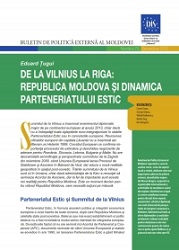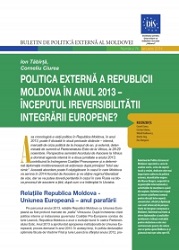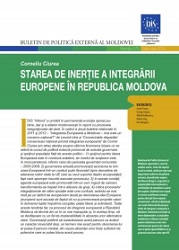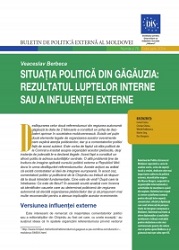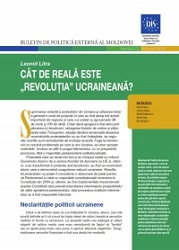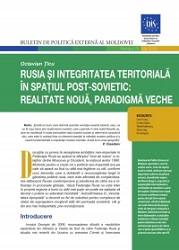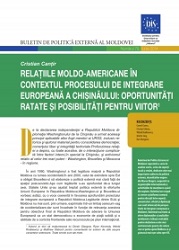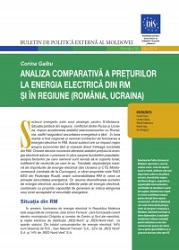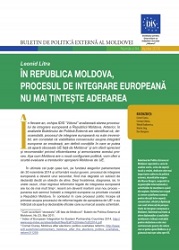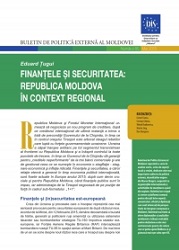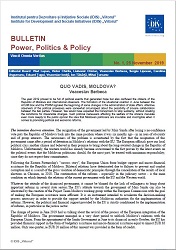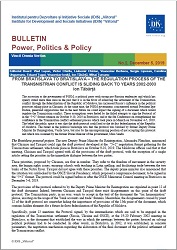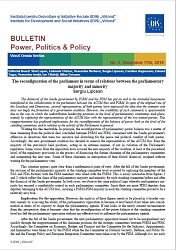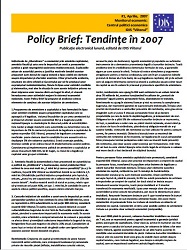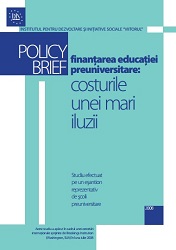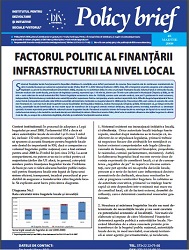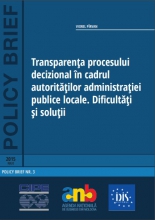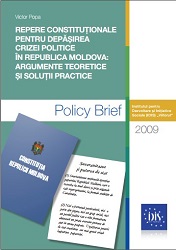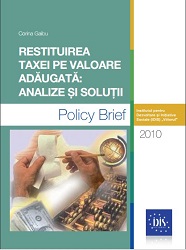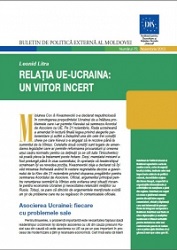
EU – Ukraine Relationship: An uncertain Future
EU – Ukraine Relationship: An uncertain Future
Cox & Kwasniewski mission declared that it is unable to persuade the President of Ukraine to eliminate problems that would allow Kiev to sign the Association Agreement with the EU. On November 21, the Ukrainian Rada amended in the final reading the law on parliamentary elections and thus met one of the three key requirements that Kiev committed to solve prior to the summit in Vilnius. The other two requirements are related to amending the legislation that would allow prosecution reform and creating a regulatory framework enabling the detainees (read Yulia Tymoshenko) to go abroad for treatment. Although the mission’s mandate was extended until the day of the summit, in the hope that the Ukrainian leadership will review its position, Kwasniewski already stated that they see their mission completed given the regrettable decision of the government in Kiev on 21 November to stop preparations for signing the Association Agreement. The main official argument to waive signing in Vilnius is avoiding a risky situation for the Ukrainian economy and the need to relaunch relations with Russia. However, it seems that beyond these arguments there is a range of problems that are not found in the official statements.
More...
